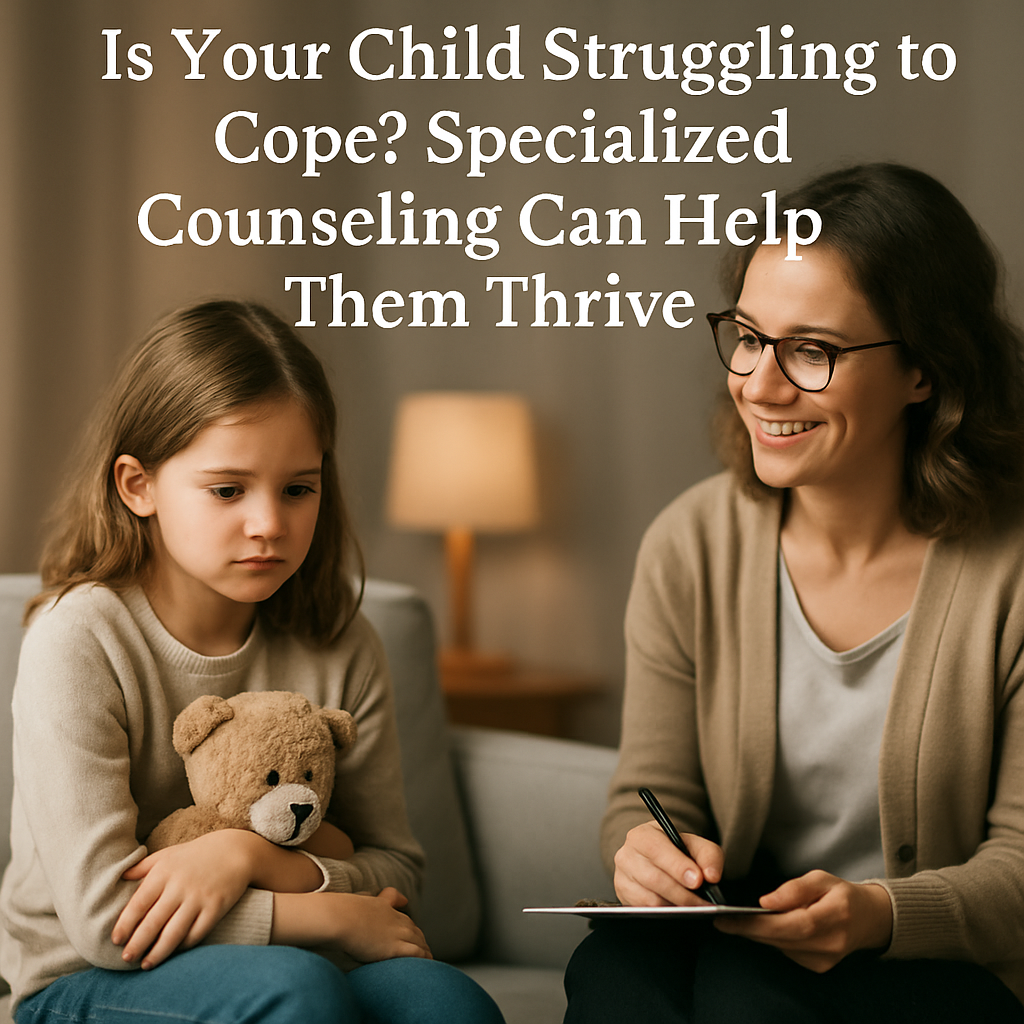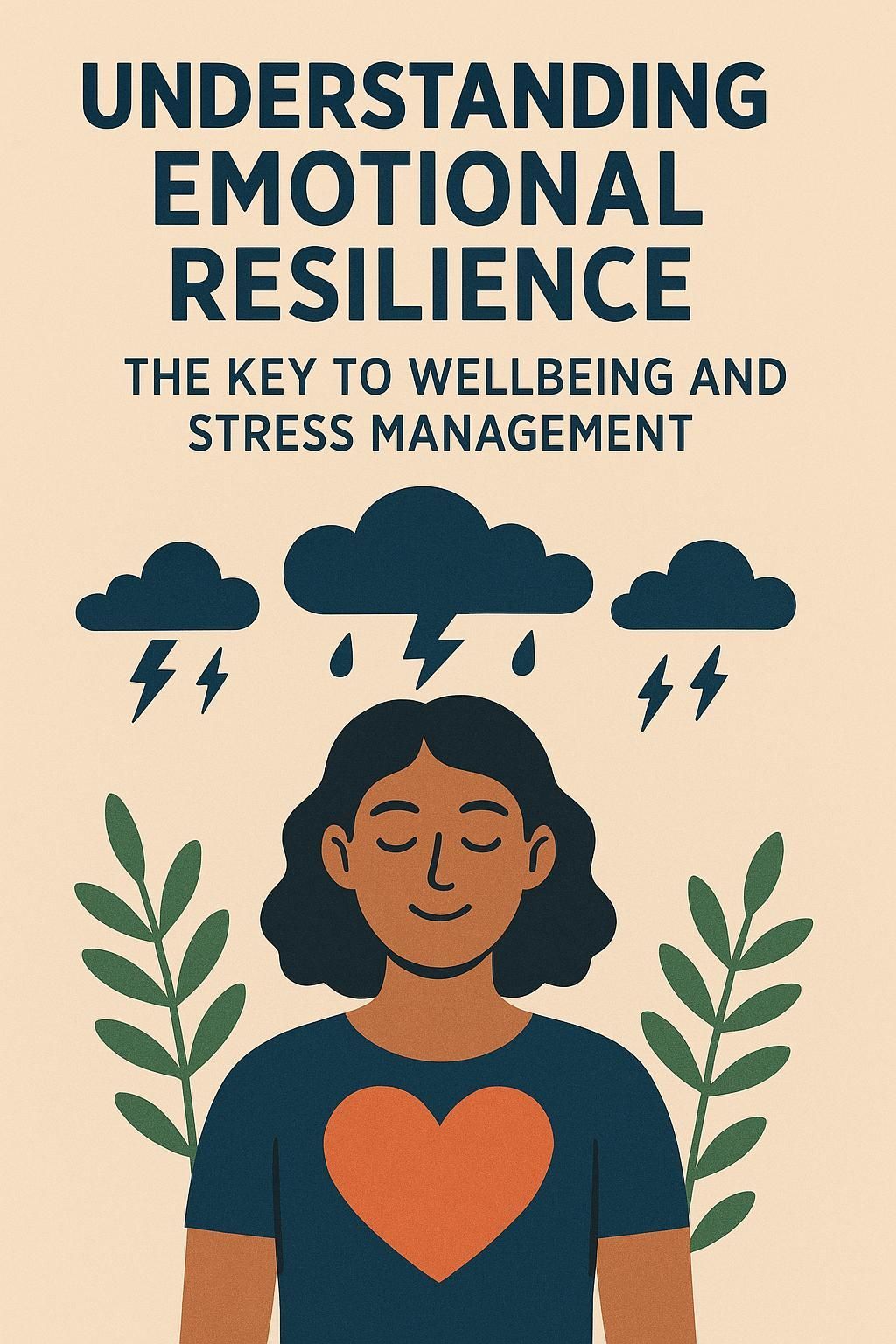
Creating Safe Spaces: The Importance of Supportive Counseling Environments
As a mental health professional, you know that a supportive counseling environment goes beyond providing a comfortable setting—it’s about cultivating a space where patients feel truly understood and valued.
In this blog post, we'll delve into the significance of these environments in helping patients with mental and behavioral health challenges.
Why Safe Spaces Are Essential in Counseling
There are numerous reasons why safe spaces are essential in counseling.
Here are a few key ones:
1. Encourages open communication
In a safe space, individuals feel comfortable communicating openly about their struggles, fears, and emotions without judgment.
This open communication is crucial in counseling as it allows you, as the therapist or counselor, to understand the individual's needs and provide appropriate support.
Safe spaces in counseling also allow for more effective problem-solving and decision-making.
2. Builds trust and rapport
Safe spaces in counseling help build trust and rapport between you as the counselor and the individual seeking help.
Trust is crucial to any therapeutic relationship and takes time to develop.
In a safe space, individuals feel supported and understood, which helps to build trust with you.
3. Provides a sense of validation and acceptance
Supportive counseling environments allow individuals to feel heard and understood, which can be incredibly healing.
It also helps them to recognize that their experiences are valid and that they are not alone in their struggles.
4. Facilitates healing and growth
Safe spaces in counseling are designed to facilitate healing and growth.
A supportive and nurturing environment allows individuals to work through their challenges and develop coping strategies to manage their emotions and behaviors.
This can lead to personal growth and a better understanding of oneself.
Supportive Counseling Environment at Beckloff Behavioral Health Center
At Beckloff Behavioral Health Center in Dallas, TX, we're committed to providing a supportive and compassionate environment for individuals and families facing mental and behavioral health challenges.
We offer comprehensive counseling and assessment services for all ages, including divorce care and specialized support for children and adults dealing with anxiety, anger issues, and depression.
Please contact us today if you or someone you know could benefit from our services.



